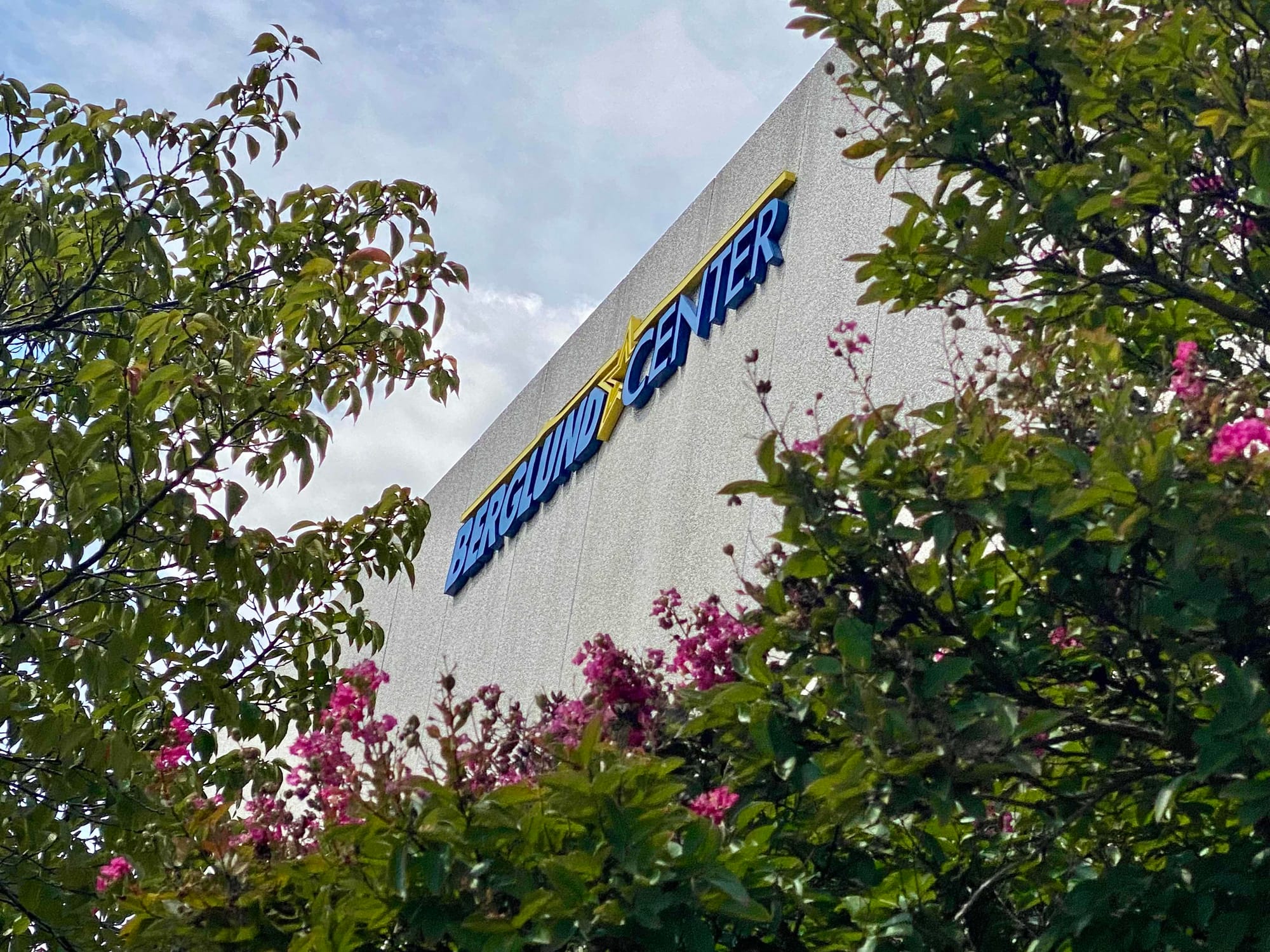Roanoke City Manager Eyes Future of Berglund Center's Name — and Operations Overall
City Manager Valmarie Turner said the city's continued subsidy is one reason why she’s taking a thorough look at the facility’s operations.

One of the largest car dealerships in the region paid to put its name on Roanoke’s main entertainment venue more than a decade ago — and the Berglund Center is now part of the local vernacular.
But now City Manager Valmarie Turner is assessing both whether the naming rights continue, as well as the overall future of the civic center operations, which in theory is self-supporting but in reality continues to be subsidized by taxpayers.
Mayor Joe Cobb announced in April the city was seeking bids for a new sponsorship contract. He said the names of those interested would be pulled from envelopes and read aloud at a subsequent city council meeting. But that plan was scrapped, at least until the city administration completes its review.
Turner did not put a deadline on that in a recent interview. Cobb said recently “no definitive decisions” have been made regarding naming rights.
The civic center is categorized by the city as an enterprise fund, meaning it generates its own money to pay its bills through ticket sales and other fees. But even with the Berglund sponsorship revenue, it cannot meet its budget without help from city taxpayers. Each year, taxpayers subsidize the civic center to the tune of between $2 million and $4 million, according to municipal budget documents. That’s more in one year than the $1.75 million, decade-long naming rights contract Berglund signed in 2014.
Turner said the city subsidy is one of the reasons she’s taking a thorough look at the facility’s operations.
The city also budgeted more than $12 million over the past five years on civic center improvements — from electrical and bathroom work to the 2023 opening of the Bella Vista Room, a venue for private and semi-private events, budget documents show.
The main concrete and cast-stone building was opened in 1971. The complex includes a 10,500-seat auditorium, a 2,151-seat performing arts theatre and a 14,000-square-foot exhibit hall.
The civic center’s annual lineup of shows varies from the time the naming rights contract was signed. The low was 262 ticketed shows in 2014 and the high was 408 in 2018, according to city data. In 2020, during the height of the pandemic, there were 266 shows. There were 348 last year, according to the data.
Berglund was awarded the first naming rights deal for the facility. The $1.75 million, 10-year sponsorship included an initial $500,000 payment to the city, according to the 2014 contract. The remaining $1.25 million was to be paid in equal increments over the remaining nine years. In May of 2024, however, the contract was extended through November of 2025 due to cancelled events during the pandemic. The city agreed to credit Berglund $81,018 as part of that amendment.
It is unclear if Berglund is interested in bidding again on sponsorship should bids be sought. William Farrell, president of Berglund Automotive Group, did not reply to numerous emails and phone messages left for him over the past month by The Roanoke Rambler. Civic Center Manager Robyn Schon also did not respond to numerous messages left for her.
The business of municipally-owned entertainment and recreational facilities is often not about profit.
The city of Salem subsidizes its civic center. In fiscal year 2024, for instance, the city transferred $2.6 million from its general fund to its civic center fund, according to budget documents.
The town of Christiansburg subsidizes its Aquatics Center, which has added up to millions annually since it opened in 2010, even though it hosts numerous large meets every year and also gets funding for use from Virginia Tech.
The tradeoff for the taxpayer-financed subsidies on municipally-owned facilities is the economic benefits of people spending money — and paying taxes — by eating in restaurants, staying in hotels and shopping when they visit for a show or an event. A visitor to a locality who came from at least 50 miles away or stayed overnight spent an average of $307 during a trip, according to a 2024 study commissioned by the Virginia Tourism Corporation.

